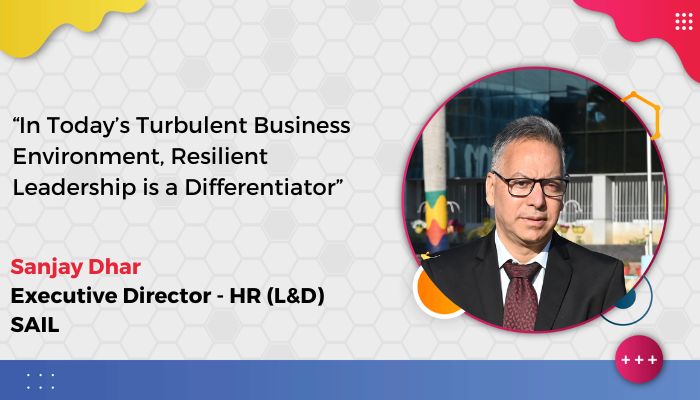India’s regulatory universe comprises over 1,536 Acts, 69,233 compliances and 6,618 filings. In addition, the Companies Act of 2013 holds the board and management liable for non-compliance. In such a scenario, it is imperative for organizations to be on top of the situation and ensure that all the mandatory compliance documentation is duly filed. However, most organizations do not have the right tools, processes and human capital to manage compliance effectively. Digitizing compliance tracking is the first important step in this journey which garners significant importance if you are facing challenges with respect to making your business regulation compliant. Organizations must consider the digitization of compliance if they come across the following red flags:
1. Consistently missing critical compliances
A typical manufacturing set-up in India with a footprint in multiple states deals with several hundred registrations, licenses, permissions, consent orders, maintenance of registers, returns, challans, and renewals among others. At least 30% of these compliances are high risk and need to be filed accurately and on time, failing which an organization is likely to run into operational, financial and reputational risk.
2. Receiving notices for omission
Government departments in India are going digital as a part of the “Digital India” campaign and as a result, have developed the capabilities to quickly identify sins of omission in terms of missed compliances and sins of commission in the form of incomplete/inaccurate compliances which lead to notices. Managing such litigation is a difficult and time-consuming process which takes away bandwidth from core business activities.
3. Missing critical Compliance/Legal Updates
The Regulatory and Compliance eco-system in India is very dynamic and laws tend to change or see modification at least 15 times a day leading to over 2,500 changes a year. These updates can lead to changes in forms, penalties, dates, duty structures, and interest computation among others. This makes it necessary for organizations to be aware of the latest developments failing which there is a chance that they will inadvertantly lead to sins of commission which draw heavy penalties.
4. Operate in multiple geographies (States / UTs / Cities)
In India, there are multiple bodies which govern the compliance obligations of an enterprise. Central Government, State Governments, Union Territories, Local Governments. As the number of locations increase, the complexity increases exponentially and in most cases organizations do not have the required in-house expertise to manage all the compliances.
5. Engaging in business with International Customers
Over the past few years, there has been an enhanced focus on vendor compliance internationally. Buyers demand certain minimum standards on corporate compliance, risk management and sustainability standards of vendors. They seek periodic evidence and hold periodic audits failing which vendors are replaced.
Increasing digitization has transformed the world of work and it holds the key to a transparent, accountable and timely compliance program. The power of Cloud, Mobile, Analytics, AI & ML are transforming business processes. There are digital platforms available today for less than the salary of a junior compliance officer. A typical organization can come on board such a platform in 3-4 weeks. They help reduce human errors and bring greater control in day-to-day operations and supervision. With measures in place to implement ease of working, there is also a substantial escalation in the cost of faulty compliance. Enforcement agencies are raising their game and expect Corporates to comply. Therefore it is the right time for organizations to re-evaluate their regulation and compliance protocols and seriously consider embracing digital compliance frameworks and systems.
Author: Rishi Agrawal, Co-founder and CEO, TeamLease RegTech
About the Author
Rishi Agrawal is Co-founder and CEO at TeamLease RegTech. He is a passionate technology entrepreneur who believes in the potential of technology to transform human lives. Over the past few years, Rishi has been working on developing a regulatory technology platform to automate and simplify India’s complex compliance environment. He has worked with over 1,000 organisations (Enterprises & MSMEs) across 40 Industries in India helping them through their compliance management journey. He deeply understands the complexity of managing compliances across central, state and local governments. He has been partnering with corporate India, industry bodies and think-tanks to enable Compliance 3.0. He created the four vector framework of rationalisation, simplification, digitisation and decriminalisation. Rishi served as an advisor to the WGOM (Working Group of Ministers), works closely with several ministries, DPIIT, Invest India and World Bank on various ease of doing business initiatives. He is also a member of CII Taskforce for Ease of Doing Business. Rishi frequently writes in ORF (Observer Research Foundation), Financial Express, India Today, Mint among others.
You might also be interested to read: The Gender Pay Gap in India: Progress Made and Challenges Ahead






